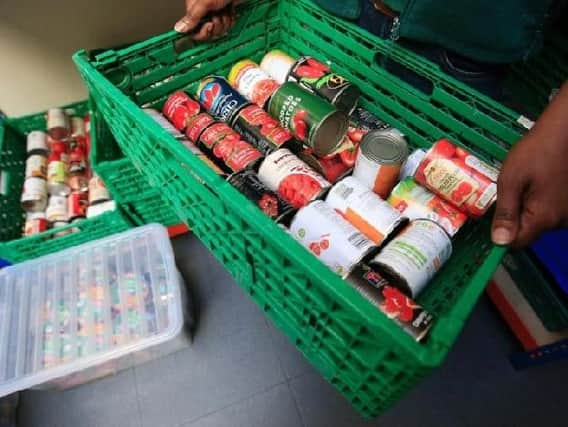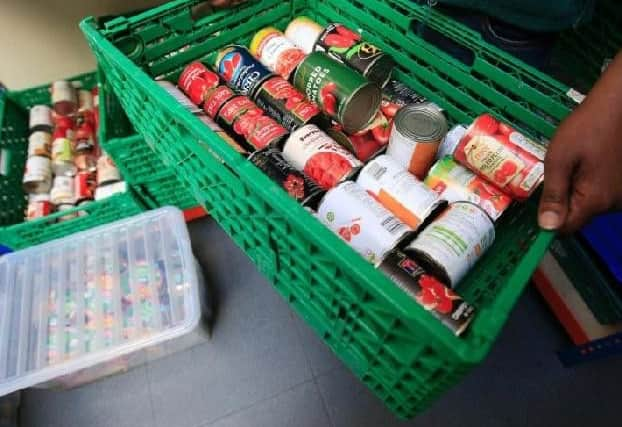This is why the number of emergency supplies handed out by food banks is on the rise


The Trussell Trust said a record number of packages were handed out nationally, singling out problems with benefits among the reasons for the rise.
It said people were finding their payments were not enough to cover their living costs and warned delays in getting Universal Credit were leaving people in financial difficulty.
Advertisement
Hide AdAdvertisement
Hide AdBetween April 2018 and March 2019, the charity gave out 23,960 emergency three-day food packages at food banks in Lancashire, a 13 per cent increase on the previous year. Of the parcels, 39 per cent went to children.


The Trussell Trust said that, across the UK, almost half of food bank referrals made due to a delay in benefits being paid were linked to Universal Credit and a five-week wait for the first payment.
It said the Government should end the five-week wait for a first Universal Credit payment to help reduce reliance on food banks.
In total, the charity distributed more than 1.5m food packages in 2018-19 across 1,200 sites in the UK – a 73 per cent increase on five years previously.
More than 500,000 packages last year were for children.
Advertisement
Hide AdAdvertisement
Hide AdThe Trussell Trust’s chief executive, Emma Revie, said: “What we are seeing year upon year is more and more people struggling to eat because they simply cannot afford food. This is not right.
“Our benefits system is supposed to protect us all from being swept into poverty. Universal Credit should be part of the solution but currently the five-week wait is leaving many without enough money to cover the basics.”
A Department for Work and Pensions spokesman said: “It is not true to say that people need to wait five weeks for their first payment. Universal Credit is available to claimants on day one.
“The Trust’s own analysis shows a substantial fall in the share of parcels being issued due to benefit payment delays. The best route out of poverty is to help people into sustainable employment which, with record employment, we are doing.”